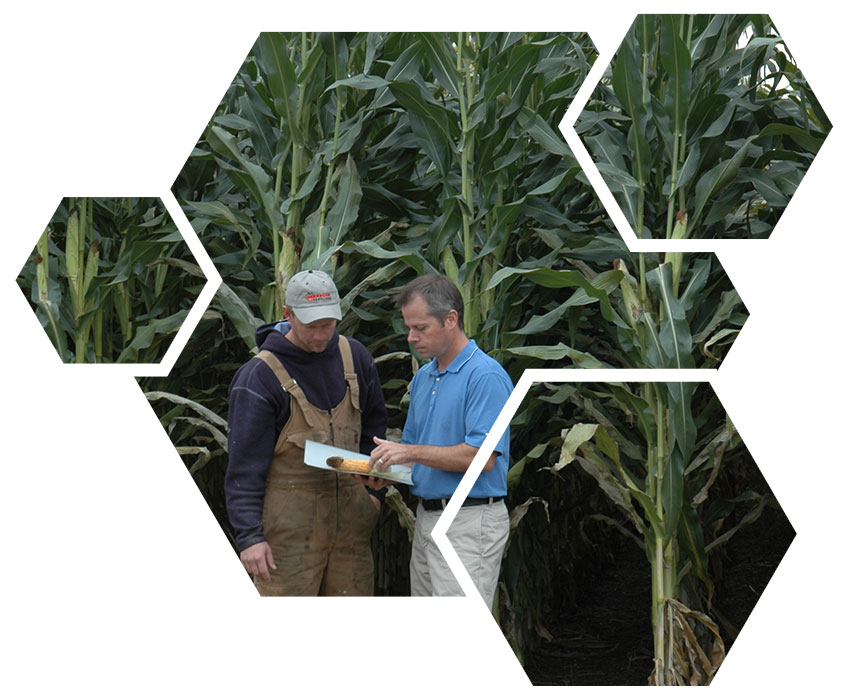Better Crops and a Better Environment
Sustainable agronomy ensures that crop inputs are used properly, so that production is maximized and the environment is protected.
Soil analysis looks at the foundation of sustainable agronomy. This process looks at the nutritional and chemical status of your soil and determines what specific plant food nutrients are required to achieve your production objectives.
Plant tissue analysis provides a snapshot of plant nutritional health at the time of sampling. Used during critical periods of plant growth, tissue analysis indicates whether specific nutrients may be limiting crop growth.
The quality of irrigation water can have a dramatic impact on soil health and crop production. Irrigation water analysis tells us if potentially harmful ions are present at levels that can negatively impact crop production.
Both manure and compost can be valuable nutritional inputs. This analysis provides a breakdown of nutrient content in fertilizer equivalents.
Prescription Fertility
Using the analytical tools listed above, our certified Professional Agrologists (P.Ag.) and Certified Crop Advisors (CCA) will recommend a unique fertilizer blend that meets the specific nutritional needs of your crop. This eliminates the guesswork in putting together a fertilizer program, ensuring that your fertilizer dollar is invested in nutrients that are required to maximize production. In addition to improving your bottom line, prescription fertility protects the environment from unwarranted or excess fertilizer applications.

The Right Recommendation
The philosophy of prescription agronomy extends beyond fertilizer. Our professional Agrologists (P.Ag.) and Certified Crop Advisors will also provide you with the best possible advice on using crop protection products. In addition, we can determine the best forage, corn, or cereal seed for your needs.


